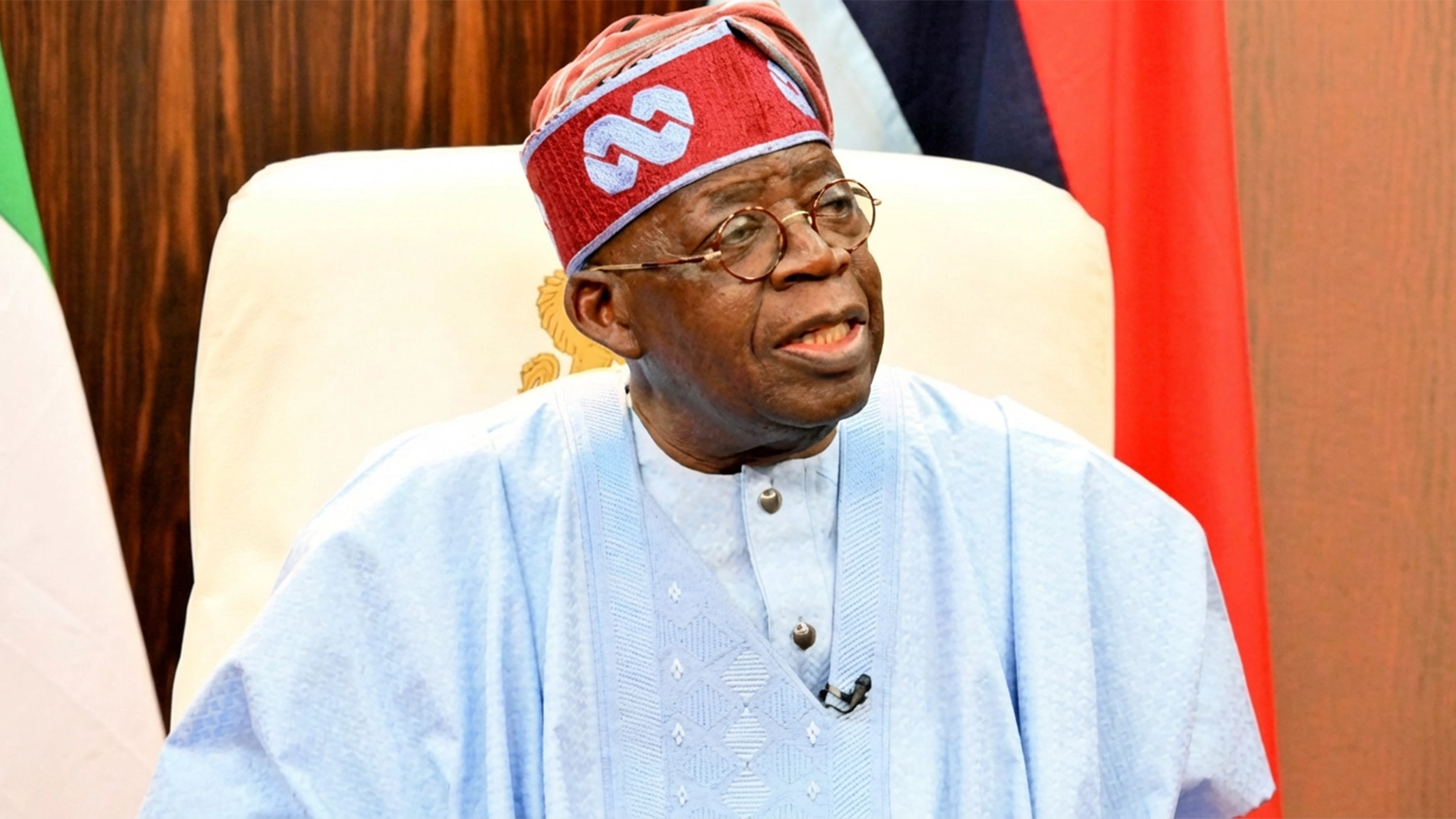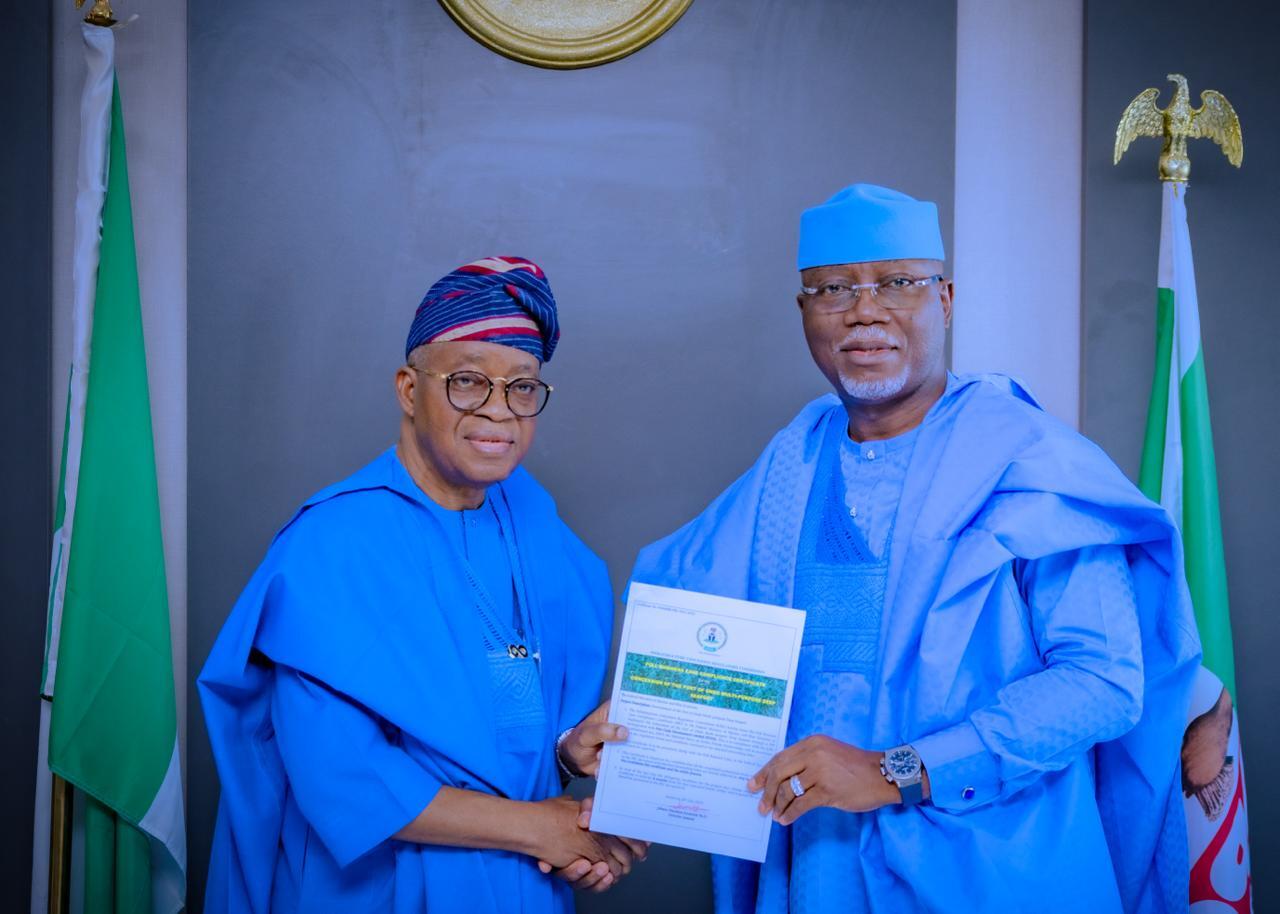The National Human Rights Commission (NHRC) has announced plans to begin a systematic documentation and monitoring of violence against journalists in Nigeria, as part of renewed efforts to safeguard media professionals and strengthen press freedom.
The initiative was revealed at a media parley in Abuja on Monday, held to commemorate the Commission’s 30th anniversary and to unveil its 30th anniversary logo.
Speaking at the event, the Executive Secretary of the NHRC, Dr. Tony Ojukwu, SAN, reaffirmed the Commission’s commitment to protecting journalists, describing attacks on media practitioners as “attacks on democracy and the public’s right to know.”
“The Commission strongly condemns any attempts to shrink the civic space, as well as the increasing wave of violence, intimidation, and arbitrary arrests targeting journalists across the country,” Ojukwu said.
He added that the NHRC would intensify its monitoring and documentation of violations against journalists while deepening partnerships with media organisations, the Nigeria Union of Journalists (NUJ), civil society groups, and international development partners.
According to the Commission, the new initiative will feature enhanced safety awareness programmes and the establishment of rapid-response mechanisms to protect journalists facing threats or attacks.
The move comes in alignment with global activities marking the International Day to End Impunity for Crimes Against Journalists, underscoring the Commission’s resolve to promote accountability and secure justice for victims of media-related violence.
The event also featured a special session facilitated by Dr. Oluseyi Soremekun of the United Nations Information Centre (UNIC), focusing on “the intersectionality of inclusive media and information literacy (MIL), information integrity, and human rights.”
Delivering goodwill messages, representatives of the European Union (EU) and the United Nations (UN) commended the NHRC for its three decades of advancing human rights protection in Nigeria.
EU Ambassador to Nigeria and ECOWAS, Fredrich Stiftung, described the Commission as “a vital bridge between citizens and government,” and pledged continued EU support in strengthening Nigeria’s alignment with international human rights standards.
Similarly, the UN Secretary-General’s representative, Mohammed Tall, applauded the NHRC’s transformation from “a promise in law” to “a modern institution driving accountability, inclusion, and equality.”
“We cannot rest while a single voice is silenced or a single right denied,” Tall said. “Our shared responsibility is to ensure that every Nigerian stands tall in the full light of their freedom.”
Marking its 30th year of existence, the NHRC reaffirmed its dedication to protecting human rights and strengthening collaboration with the media to ensure that human rights reporting remains central to Nigeria’s democratic development.






